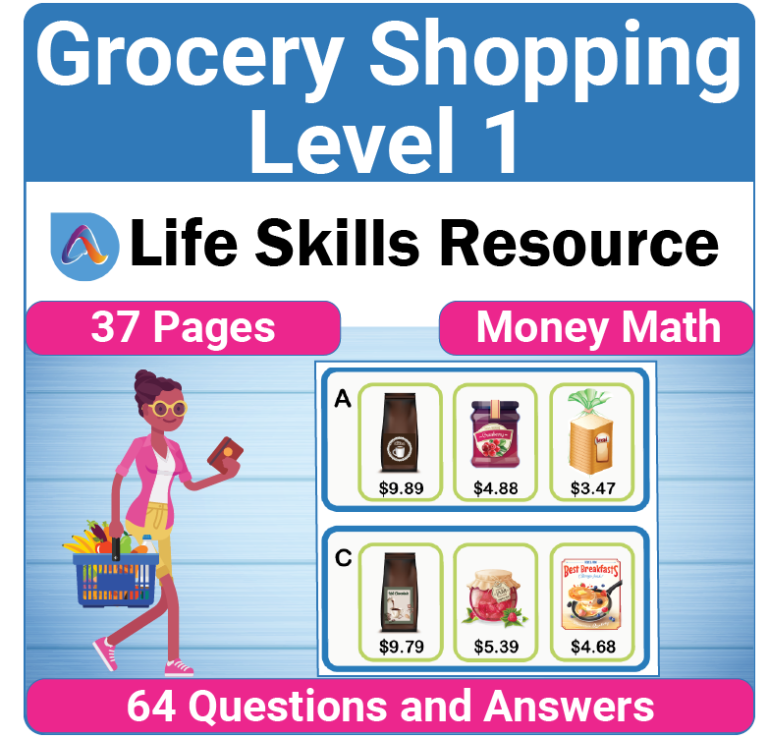Embracing Structure and Stability During Summer Break
Routine provides structure, predictability, and a sense of security for our children, helping them navigate the world with confidence and ease. However, when summer break rolls around, it can disrupt the familiar rhythms of the school year, posing challenges for teens and parents alike. Let’s explore the importance of maintaining routine during summer and offer practical tips for ensuring structure and stability.
Understanding the Impact of Routine
Routine plays a crucial role in our lives, providing a framework for managing time, activities, and expectations. It reduces anxiety, improves focus, and enhances overall well-being by creating a sense of order and predictability in daily life.
Transitioning to Summer Break
The transition from the structured environment of school to the more relaxed atmosphere of summer break can be jarring for some teens on the autism spectrum. Suddenly, their familiar routines are disrupted, creating uncertainty and disorientation.
Creating a Summer Schedule
To avoid the challenges of summer break, it’s crucial to establish a summer schedule that closely mimics the routines and activities of the school year. This includes setting consistent wake-up times, meal times, and bedtime routines to maintain stability and continuity.
Incorporating Familiar Activities
Just because it’s summer break doesn’t mean we must abandon all routines. Incorporating familiar activities and interests into our teens’ daily schedules can provide comfort and familiarity, helping them feel more at ease during this transition period.
Establishing Clear Expectations
Clearly communicate expectations and responsibilities to your son or daughter, outlining what is expected each day and how they can contribute to household tasks and activities. This clarity helps reduce anxiety and confusion, enabling them to navigate their daily routines more effectively.
Maintaining Social Connections
Social interaction is essential to our teens’ lives, even during the summer months. Encourage them to maintain social connections with friends and family through organized activities, outings, and virtual hangouts, providing opportunities for social engagement and companionship.
Balancing Structured and Unstructured Time
While maintaining a routine is important, balancing structured and unstructured time during the summer break is essential. Allow your teen to have downtime for relaxation and leisure activities while incorporating structured activities to keep them engaged and stimulated.
Utilizing Visual Supports
Visual supports such as visual schedules, calendars, and checklists can be invaluable tools for some autistic teens, providing visual cues and reminders to help them navigate their daily routines independently. Use visual supports to outline daily tasks, activities, and transitions, empowering your son or daughter to take ownership of their schedule.
Flexibility and Adaptability
While routine is beneficial, it’s essential to remain flexible and adaptable to accommodate unexpected changes or disruptions to the schedule. Teach your teen strategies for coping with changes, such as breathing exercises, problem-solving techniques, and positive self-talk, to promote resilience and flexibility.
Engaging in Summer Learning
Summer break allows your son or daughter to explore new interests, hobbies, and learning opportunities outside the classroom. Encourage them to engage in summer learning activities such as reading, arts and crafts, educational games, or online courses, fostering continued growth and development.
Prioritizing Self-Care
As caregivers, we must prioritize self-care during the summer break to ensure we have the energy and resources to effectively support our child. Make time for relaxation, hobbies, and activities that bring you joy and fulfillment, and seek support from friends, family, or support groups when needed.
Encouraging Physical Activity
Physical activity benefits your son or daughter’s physical, mental, and emotional well-being. Encourage them to engage in regular exercise and outdoor activities such as walking, biking, swimming, or playing sports, which promote overall health and vitality.
Celebrating Achievements and Milestones
Take time during summer break to celebrate your child’s achievements and milestones, no matter how small. Whether mastering a new skill, overcoming a challenge, or reaching a personal goal, acknowledge their progress and effort, fostering a sense of pride and accomplishment.
Maintaining Consistency Across Environments
Consistency is key to supporting our kids’ success at home and in the community. Coordinate with other caregivers, teachers, therapists, and service providers to ensure consistency across settings, reinforcing routines and expectations to promote continuity and stability.
Embracing the Journey
Summer break may present its share of challenges, but it also offers opportunities for growth, exploration, and connection. Embrace the journey of maintaining routine during the summer months and approach it with patience, flexibility, and a positive attitude. Together, we can give our kids the structure and support they need to thrive during this transition.
Parenting can be challenging, but you can make a significant difference with the right insights and resources. We hope this post has given you the confidence to continue your journey. Adulting on the Spectrum strives to empower individuals with autism by equipping them with essential life skills and encouraging them to pursue their dreams of independence.






